Climate Science Advisory Committee
The Climate Science Advisory Committee has been established under section 18 of the Coast Protection Act1972 to provide independent advice to the Coast Protection Board on the latest scientific information relevant to the South Australian coast in relation to climate change.
The committee is providing updated information on methods and programs to advise on the likely impacts and risks resulting from projected climate change on the South Australian coast.
Committee members were selected based on their expertise in the areas of climate science, oceanography/tides, sea level, coastal geomorphology, risk assessment, coastal process modelling and marine science and are appointed for a two-year term. Associate members may also be appointed from time to time when specific advice in relation to an issue is required.
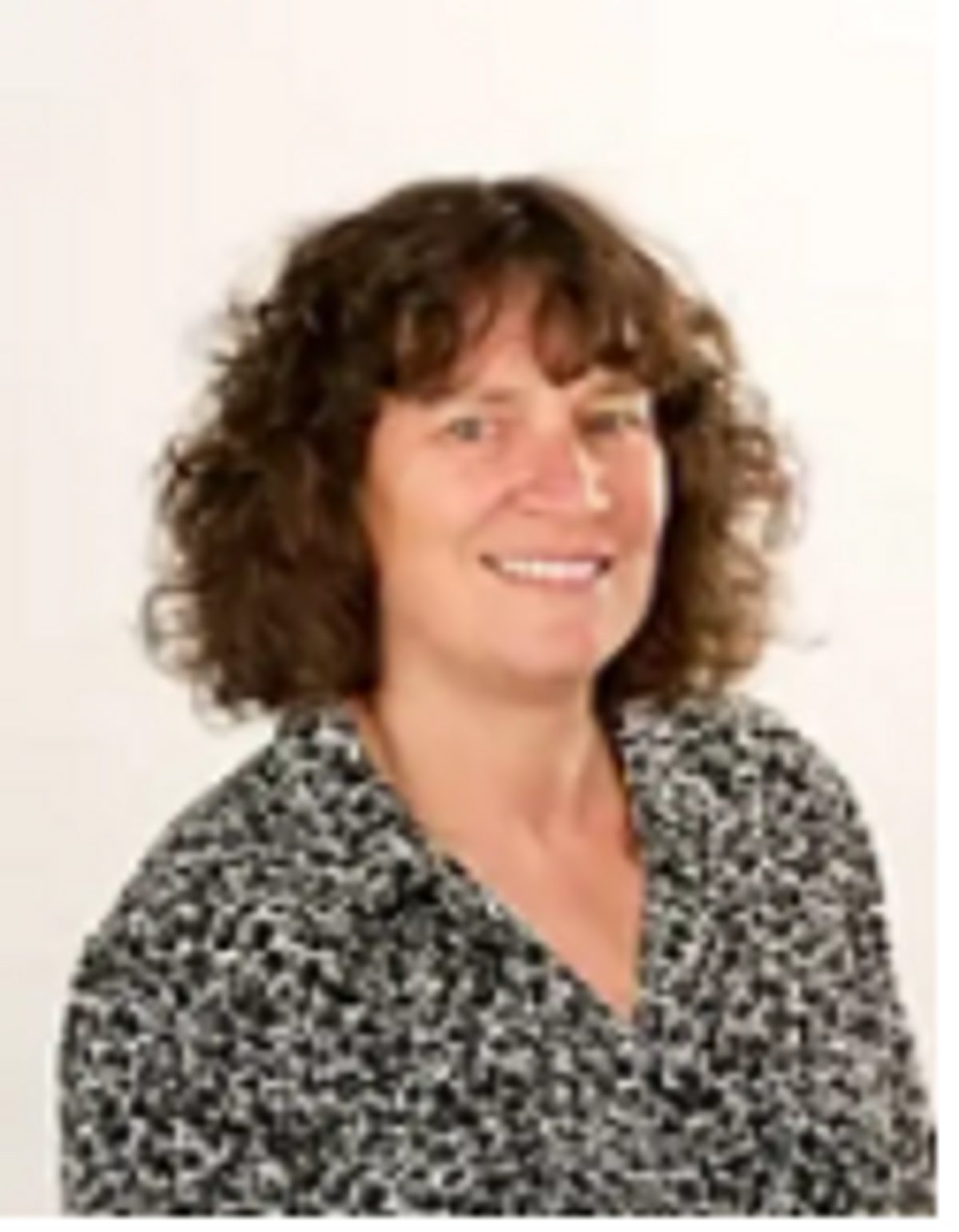
Professor Bronwyn Gillanders - Committee Chair
Bronwyn is currently Deputy Dean Research in the Faculty of Sciences, Engineering & Technology at the University of Adelaide, and lead an internationally recognised research group focusing on environmental issues related to marine, estuarine and freshwater ecology including integrated marine management and microplastics in the marine environment and seafood. She is a member of the Marine Innovations Southern Australia (MISA) Steering Committee; Goyder Institute for Water Research Management Committee and Southwest Marine Parks Advisory Committee. Bronwyn is also the Editor of Fish and Fisheries and Chief Editor of Marine Biology for Frontier in Marine Science. She has been a member of the Coast Protection Board since 2019 as the Ministerial appointment and has a particular interest in coastal habitat restoration and blue carbon opportunities.
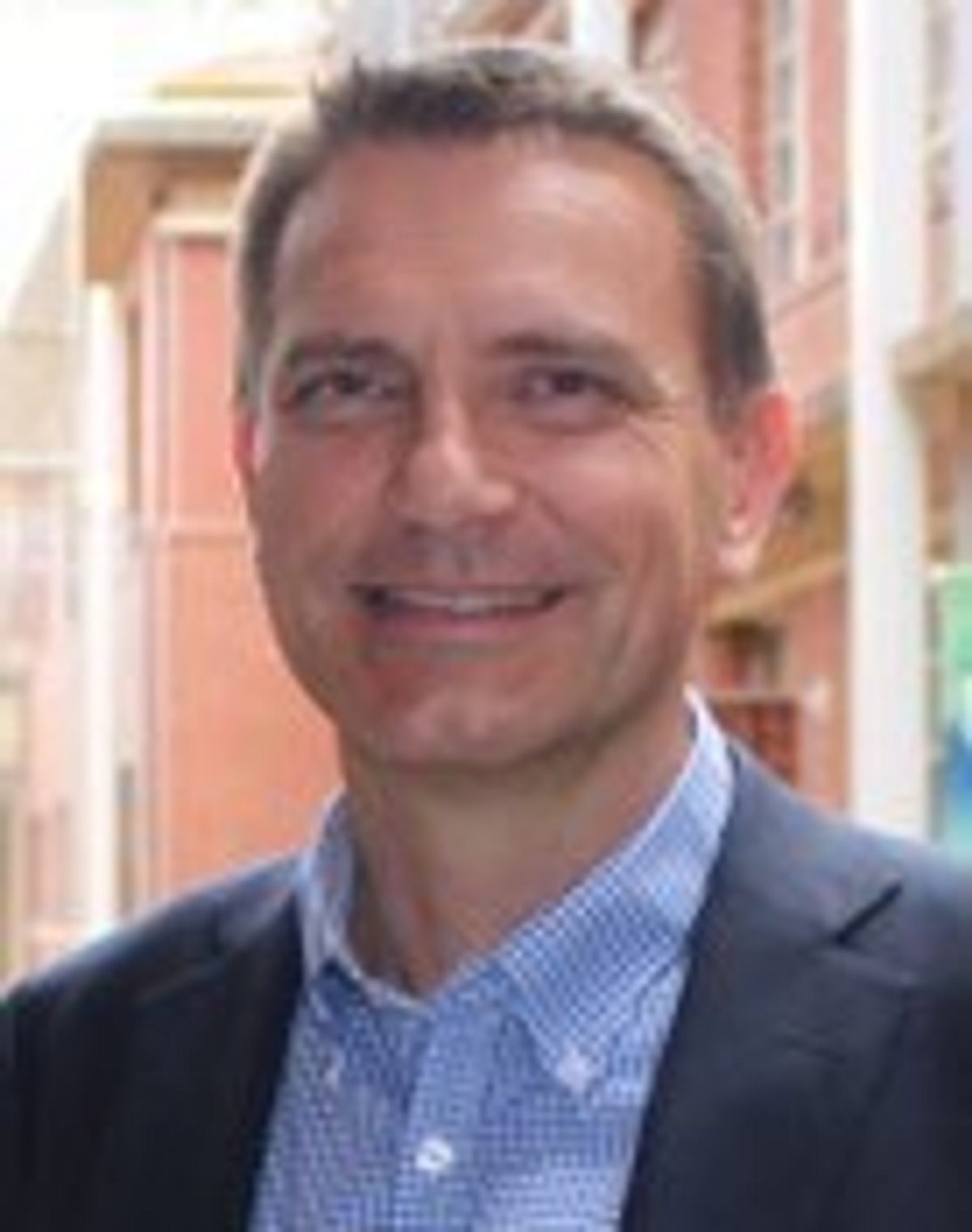
Professor Holger Maier
Holger is Professor of Environmental Engineering at the University of Adelaide and a founding Director of the Systems Cooperative. His interests are in developing and applying methods that result in sustainable outcomes, especially when dealing with complex systems in an uncertain environment. Examples of this include the development of decision support systems for long-term disaster risk reduction under a range of plausible futures, the development of innovative bottom-up climate impact assessment methods, the development of adaptive approaches to urban stormwater management using smart technologies and the development of approaches supporting the decarbonisation of the gas industry. Holger is a Fellow of the Modelling and Simulation Society of Australia and New Zealand and a recipient of the Biennial Medals of the International Environmental Modelling and Simulation Society and the Modelling and Simulation Society of Australia and New Zealand. He is also an Editor of Environmental Modelling and Software.
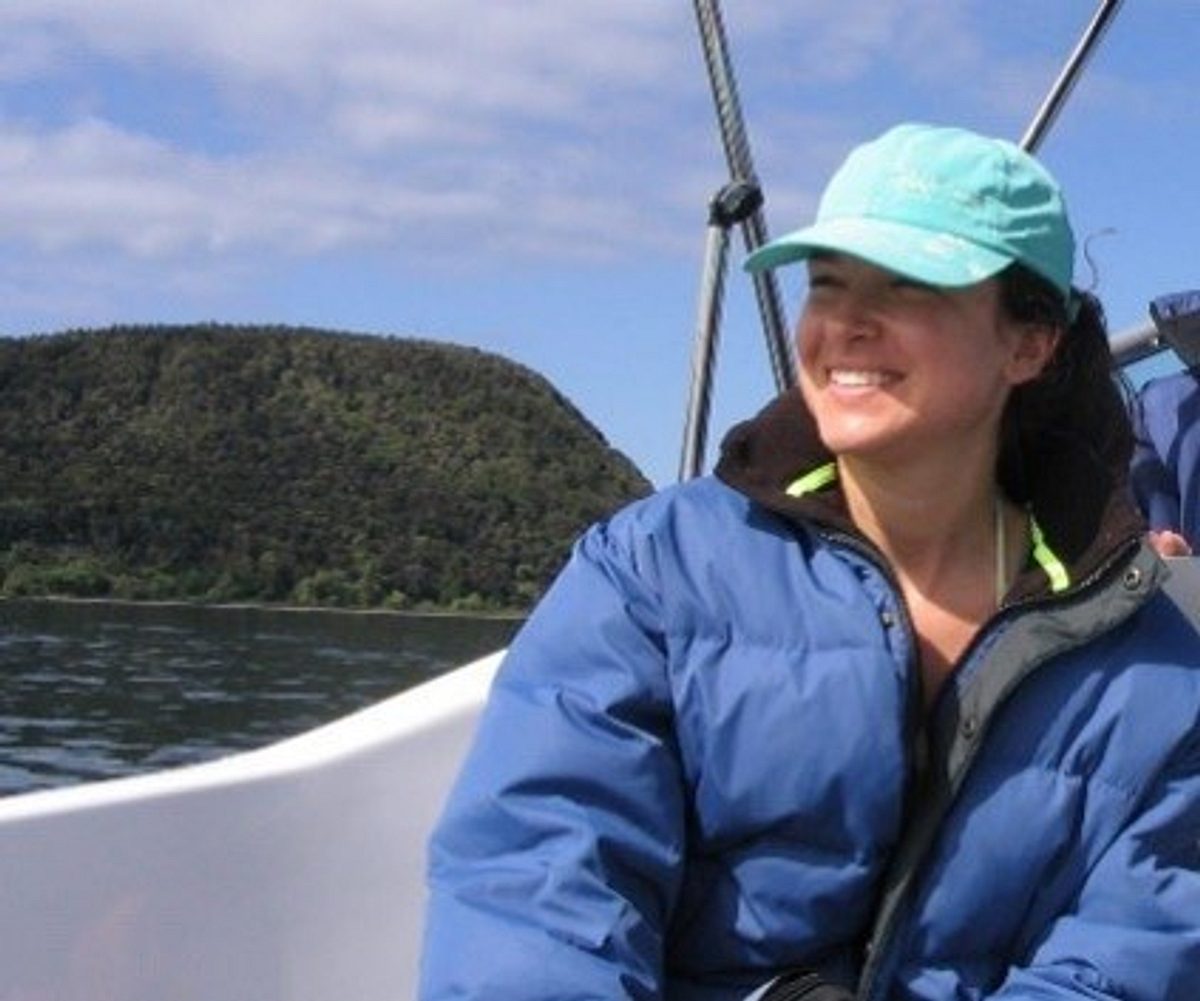
Associate Professor Graziela Miot da Silva
Graziela is a coastal geomorphologist/oceanographer with a BSc in Oceanography from the University of Vale do Itajaí (UNIVALI), Brazil, and a Masters Degree and Ph.D. in Marine Geology from the Federal University of Rio Grande do Sul (UFRGS), Brazil. She joined the School of Environment (College of Science and Engineering) at Flinders University in 2013 after a visiting position at the Department of Geology and Geophysics at Louisiana State University (LSU), and currently she is an Associate Professor of Coastal Morphodynamics at Flinders. She worked extensively on barrier systems in Southern Brazil and conducted research on surfzone dynamics and sediment transport, beach morphodynamics and sedimentology, aeolian sediment transport, dune ecology, foredune dynamics and barrier evolution. She has applied and expanded the knowledge obtained from studying coastal systems in Brazil to the Australian sandy barriers, in collaboration with researchers from Australia and various parts of the world.
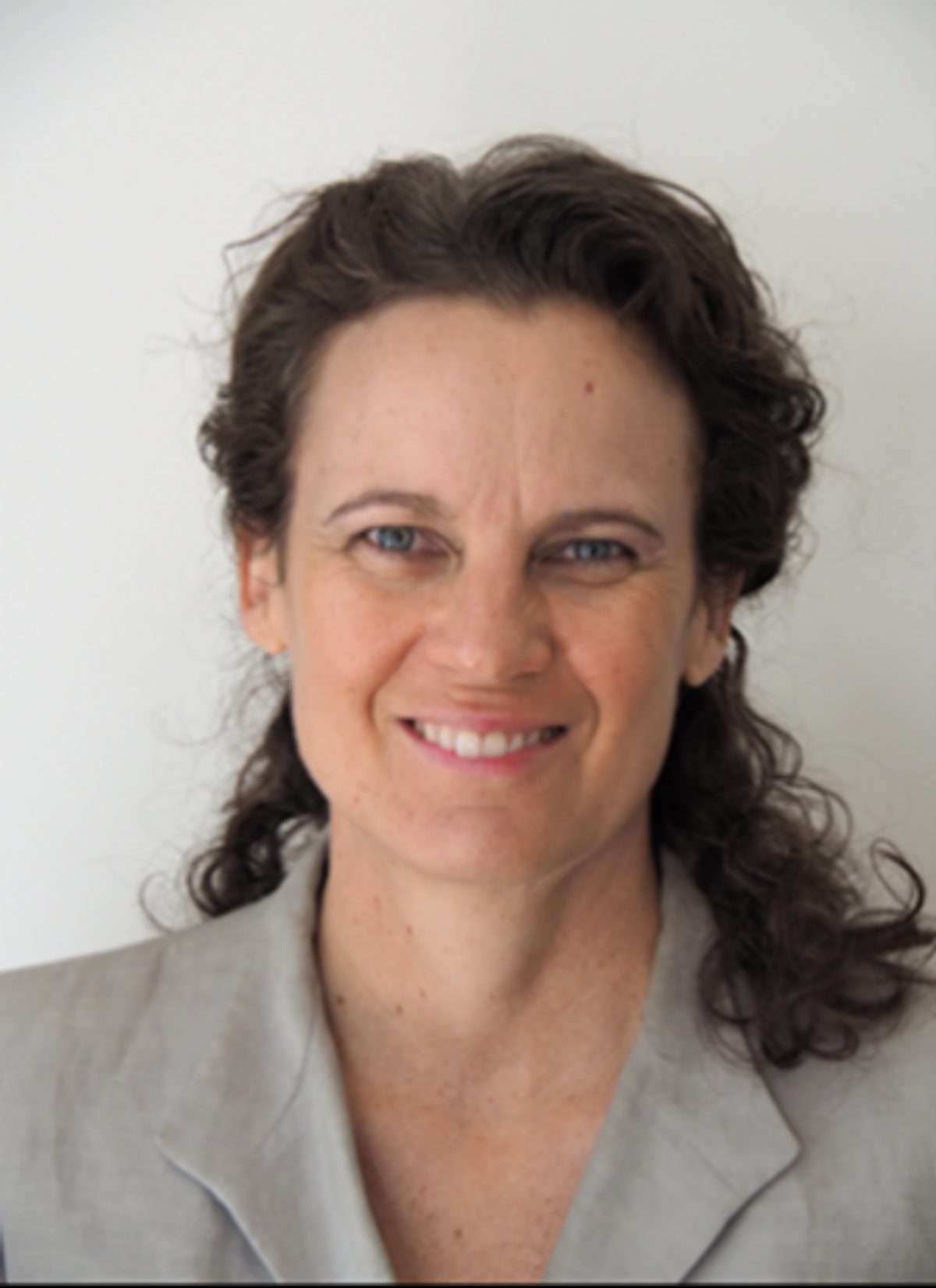
Dr Jacqueline Balston
Dr. Jacqueline Balston has an undergraduate degree in applied science and a doctorate in climate science and has been an applied climatologist for the past 25 years. As such she has researched the impacts of climate variability and climate change on agriculture, natural resources, ecosystems, emergency management and the built environment across Australia.
Dr. Balston has been a Climate Research Scientist with the WA Department of Agriculture and SARDI, and Senior Climate Research Scientist at the QLD Climate Change Centre of Excellence. She currently works as Director of Sustainability for the Institute of Public Works Engineering Australasia (IPWEA) and as a private Climate Consultant to local, state and federal governments and organisations. She undertakes senior research and project leadership roles and has also acted as consultant climate change advisor to the Local Government Association of South Australia and the CSIRO Marine and Atmospheric Sciences Group.
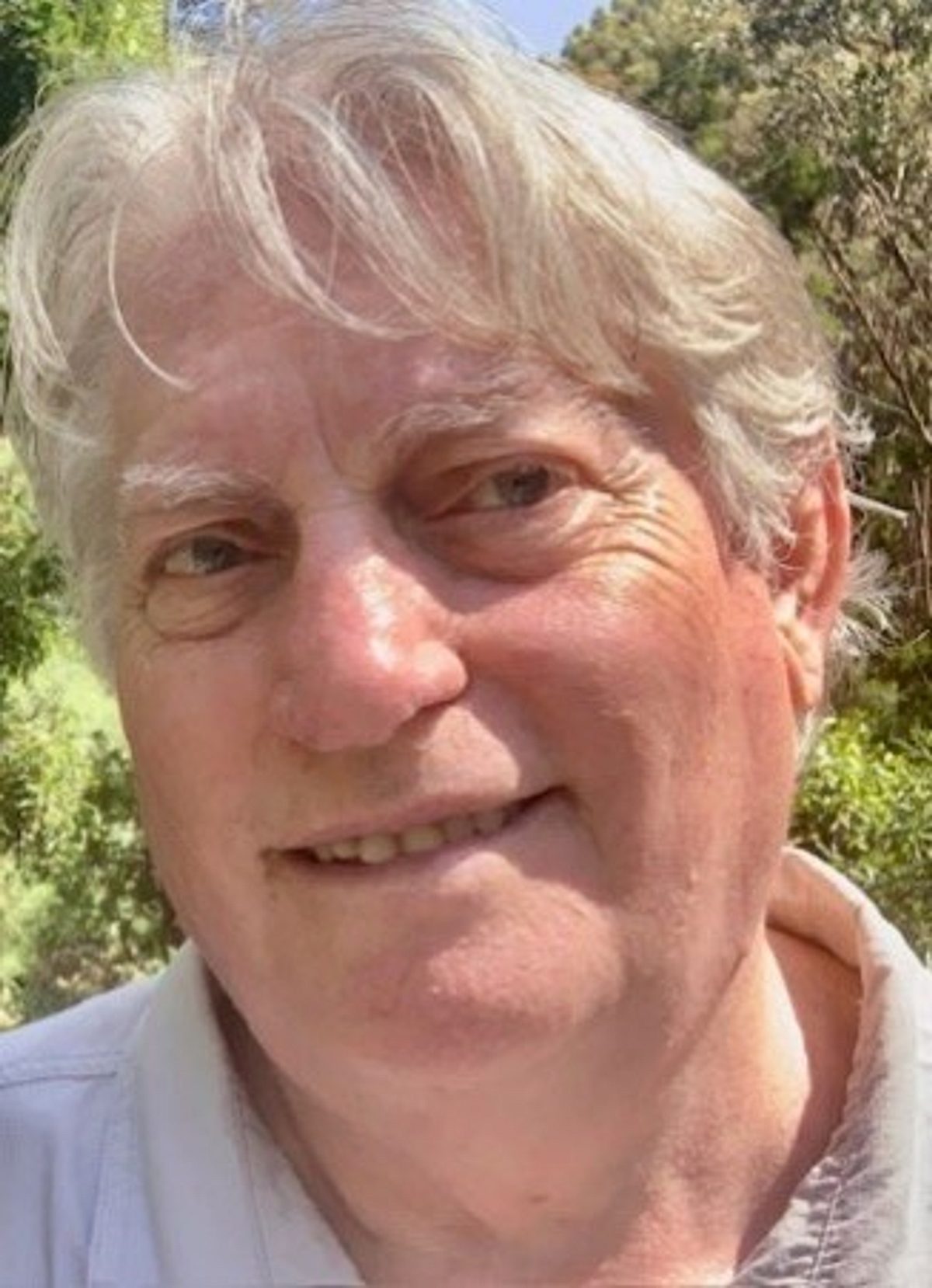
Bill Mitchell
After graduating in 1974 from Flinders University with an Honours Degree in Meteorology and Oceanography, Bill joined a research group with funding by the National Science Foundation studying the formation and melting of sea-ice in McMurdo Sound, Antarctica and the formation of Antarctic Bottom Water under the Ross Ice Shelf. Subsequent research topics covered modelling the migration of Prawn Larvae in the Gulf of Carpentaria and hydrodynamic modelling of tides and currents in coastal seas in general. In 1985, he joined a newly formed Tidal Centre at Flinders University and it was there that the National Tidal Centre evolved which had responsibilities for forecasting tides for Maritime shipping for Australia and beyond. Strong interests were developed in nearly all aspects of sea levels including detecting and forecasting tsunamis, storm surges and extreme events and longer term sea levels associated with El Nino and climate change. Bill has held various positions on National and International Committees and working groups and is a member of the UNESCO GLOSS Group of Experts on sea level rise. He is also the former National Manager of the Tidal Unit within the Bureau of Meteorology’s National Operations Centre.


